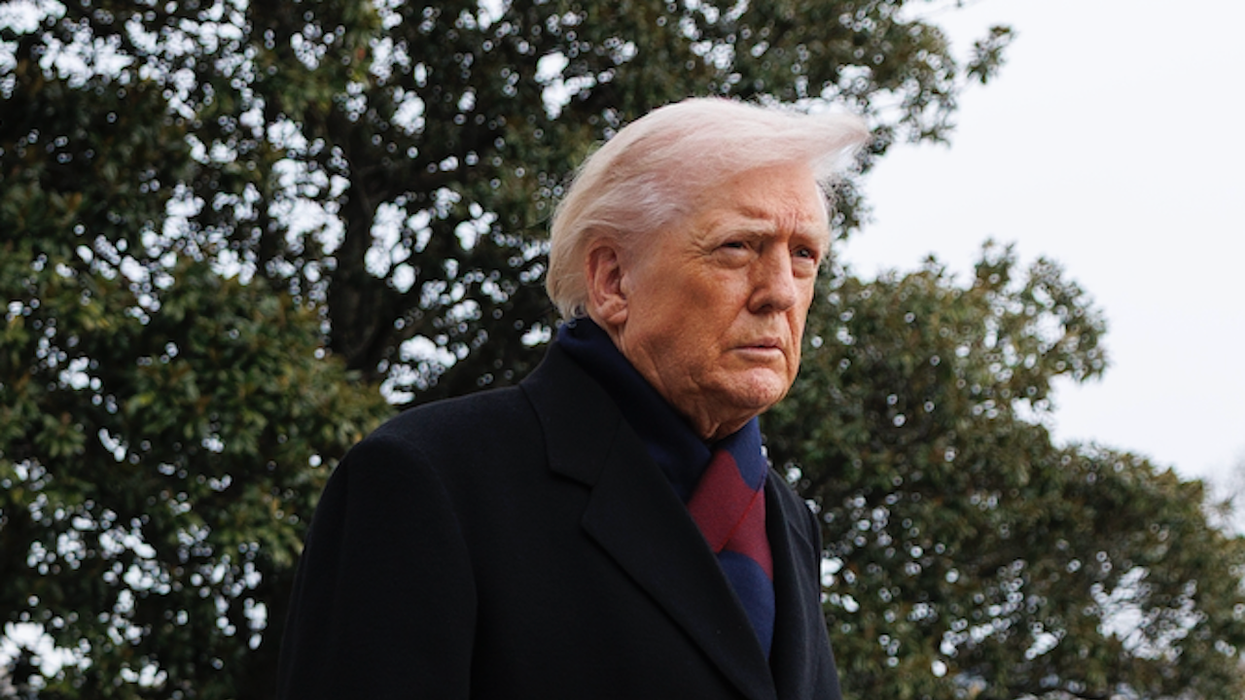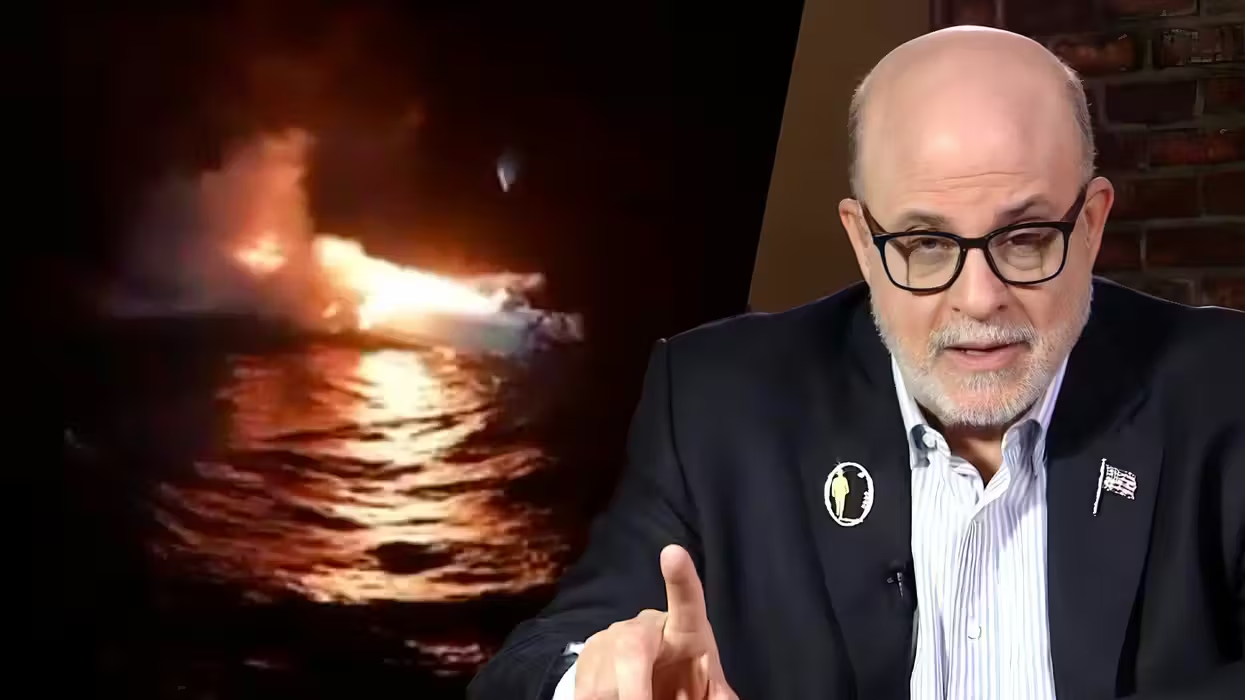
© 2025 Blaze Media LLC. All rights reserved.
"Inflation is currently subdued and inflation expectations appear well-anchored."
 WASHINGTON, DC - OCTOBER 04: Federal Reserve Chairman Ben Bernanke testifies before the U.S. Congress Joint Economic Committee in the Dirksen Senate Office Building on Capitol Hill October 4, 2011 in Washington, DC. Bernanke told the joint committee that Congress should not cut spending significantly while it will impair economic recovery. (Photo by Chip Somodevilla/Getty Images)
WASHINGTON, DC - OCTOBER 04: Federal Reserve Chairman Ben Bernanke testifies before the U.S. Congress Joint Economic Committee in the Dirksen Senate Office Building on Capitol Hill October 4, 2011 in Washington, DC. Bernanke told the joint committee that Congress should not cut spending significantly while it will impair economic recovery. (Photo by Chip Somodevilla/Getty Images)
Ben Bernanke in a report to Congress on Tuesday said the Federal Reserve's low-interest-rate policies and monthly multibillion-dollar bond purchases will continue to until the economy improves and unemployment is under control.
Or as noted economist Jim Rickards put it:
#Bernanke on #QE: The floggings will continue until morale improves.— Jim Rickards (@JamesGRickards) February 26, 2013
Delivering the Fed's semiannual monetary report to Congress, Bernanke sought to minimize concerns that the central bank's easy-money policies might cause runaway inflation later or dangerous bubbles in assets like stocks. He sought to reassure sometimes-skeptical senators that the Fed is monitoring potential threats and can defuse them before they hurt the economy.
Several Fed policymakers said at their most recent meeting that the Fed might have to scale back its bond purchases because of the risks, TheBlaze reported last week. Those comments, contained in minutes released last week, fanned speculation that the Fed might soon allow long-term borrowing rates to rise.
But Bernanke gave no signal that the Fed might shift away from its easy-money policies. He said its aggressive, open-ended program to buy $85 billion a month in Treasurys and mortgage bonds had kept borrowing costs low. And that, in turn, has helped strengthen sectors such as housing and autos, he said.
In short, he made clear the Fed has no plans to scale back its pace of bond purchases.
Addressing concerns that the bond purchases, which have pushed the Fed's balance sheet to a record high above $3 trillion, could trigger high inflation, Bernanke said:
Inflation is currently subdued and inflation expectations appear well-anchored. We do not see the potential costs of the increased risk-taking in some financial markets as outweighing the benefits of promoting a stronger economic recovery and more-rapid job creation.
He said that over the past six months, the economy has grown moderately but unevenly. Bernanke said the pause in growth seen in the final three months of 2012 "does not appear to be a stalling-out of the recovery."
 Getty Images.
Getty Images.
When asked whether the Fed's bond buying could push its balance sheet to $4 trillion, he said that it has no target for how much in bonds it plans to buy. Remember: It’s open-ended (we don’t call it “QE4-Ever” for nothing).
He noted that the Fed's balance sheet is less than that of the Bank of Japan, which has battled for more than two decades to strengthen the sluggish Japanese economy. Because that’s comforting.
--
Follow Becket Adams (@BecketAdams) on Twitter
The Associated Press contributed to this report.
Want to leave a tip?
We answer to you. Help keep our content free of advertisers and big tech censorship by leaving a tip today.
Want to join the conversation?
Already a subscriber?
more stories
Sign up for the Blaze newsletter
By signing up, you agree to our Privacy Policy and Terms of Use, and agree to receive content that may sometimes include advertisements. You may opt out at any time.
Related Content
© 2025 Blaze Media LLC. All rights reserved.
Get the stories that matter most delivered directly to your inbox.
By signing up, you agree to our Privacy Policy and Terms of Use, and agree to receive content that may sometimes include advertisements. You may opt out at any time.






